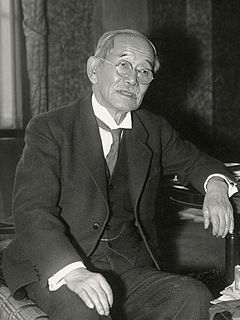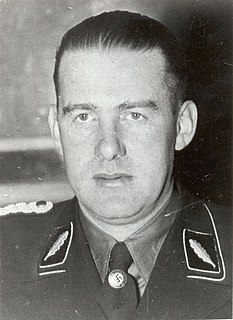A Quote by Alexander Graham Bell
Related Quotes
Many of our feelings of satisfaction or dissatisfaction have their roots in how we compare ourselves to others. When we compare ourselves to those who have more, we feel bad. When we compare ourselves to those who have less, we feel grateful. Even though the truth is we have exactly the same life either way, our feelings about our life can vary tremendously based on who we compare ourselves with. Compare yourself with those examples that are meaningful but that make you feel comfortable with who you are and what you have.
Don't judge or analyze what you observe. Watch the thought, feel the emotion, observe the reaction. Don't make a personal problem out of them. You will then feel something more powerful than any of those things that you observe: the still, observing presence itself behind the content of your mind, the silent watcher.
There's only one honest way to measure affluence; that's by comparing the capability of producing goods and services with the desire of people to enjoy them. It's a lousy, crooked trick to compare this society with China or some such place and then say we're affluent. It's a piece of intellectual crookery even to compare this economy with itself ten or twenty years ago. We should compare what we have with what we could have.




































